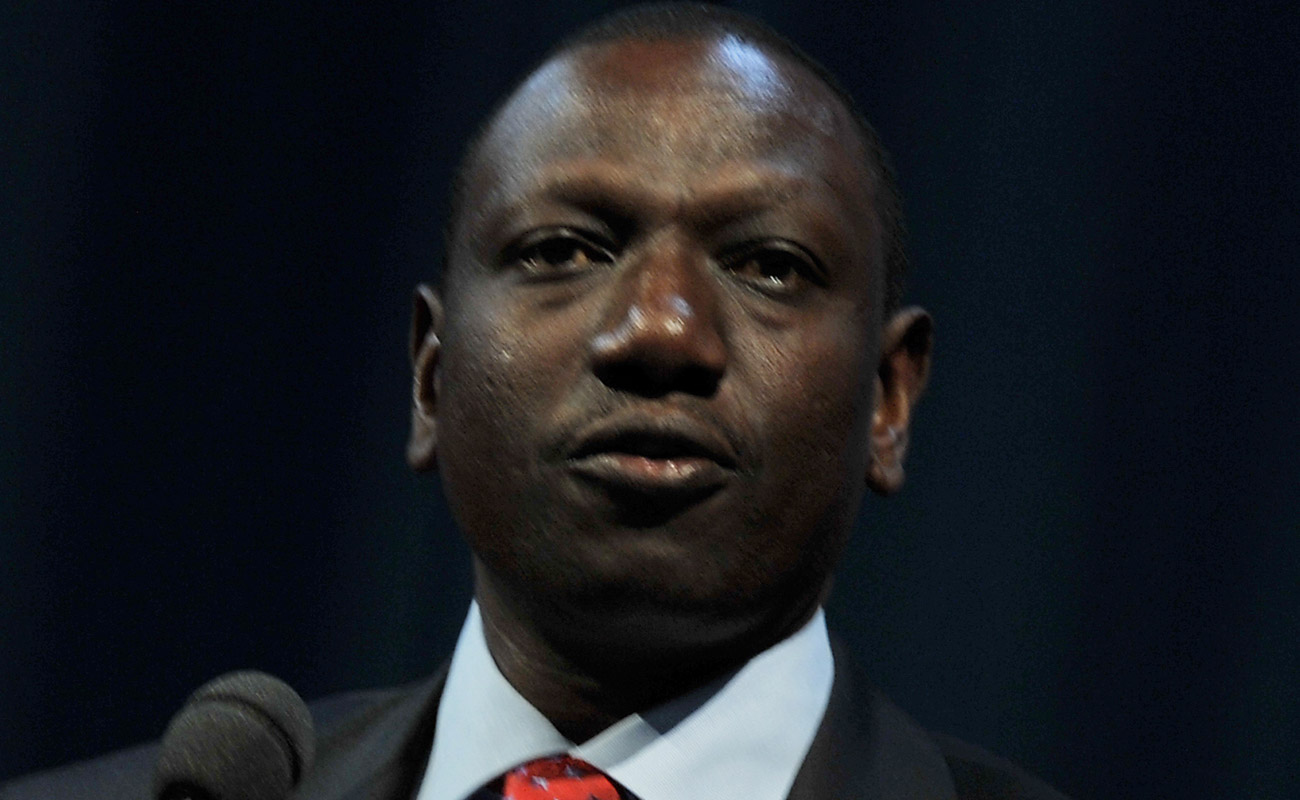
By Elizabeth Ibe
In June 2024, President William Ruto of Kenya stood on the international stage, radiating with the glow of diplomatic achievements. His state visit to the White House marked a historic moment as Kenya was designated a major non-NATO ally, being the first in sub-Sahara Africa. Also, he participated in the 50th G7 summit at Apulia in Italy, engaging with global leaders. However, asides this polished exterior, Ruto grapples with domestic complexities and obstacles.
Ruto’s foreign policy record so far has been impressive. Notably, his interactions with world powers like the United States, active participation in high-level summits, and effort towards peacebuilding in Haiti, underscore some of his most recent foreign policy achievements. These diplomatic achievements have positioned President Ruto as a statesman, and Kenya as a key global player.
However, back in Kenya, Ruto faces significant challenges. On June 18, 2024, protesters took to the streets following the announcement of a finance bill. This bill aimed to increase taxes on some items such as fuel, internet data, etc. According to the government, the revenue generated from these taxes would be used to service the national debt and reduce the budget deficit. Kenyan citizens, already grappling with economic challenges, felt that their leader, was insensitive to their plight. The bill sparked protests, with citizens expressing their frustrations over the perceived lack of empathy from their leader. They questioned why the burden of the economic reform disproportionately fell on their shoulders. Unfortunately, these protests resulted in the loss of lives and properties, and many casualties. The growing dissatisfaction ultimately led the president to rescind the bill.
Aside from this finance bill, Ruto’s tenure has been marked by contradictions and controversies. The Kenyan president has faced allegations of corruption, where Kenyans accuse him of benefitting personally from public funds. Also, allegations of land grabbing further eroded the public’s trust for the president, as he was accused of taking advantage of his position to acquire lands illegally and at the expense of the vulnerable communities. Kenyans have perceived him as detached from their daily struggles, compared to the period of his rise to power, where Ruto portrayed himself as an ordinary man who understood the struggles of the common people. He championed the “hustler narrative”. However, Kenyans have argued that he has abandoned this narrative. They feel deceived by broken promises, because they thought he understood their plight before his ascension to power.
As a result of pressure from the protests, the Kenyan president fired his entire cabinet of ministers, except the foreign minister. It is not certain yet if this would reduce the pressure from the protesters. However, to solve this issue, alternative strategies can be explored to generate funds for servicing Kenya’s debt without directly burdening citizens. He can diversify revenue sources beyond taxation by efficiently managing and monetizing Kenya’s natural resources. Additionally, promoting tourism and enhancing foreign exchange reserves, alongside optimizing government expenditure by prioritizing essential services and eliminating wasteful spending and the saved funds will be redirected towards debt repayment.
Also, Kenya’s successful foreign engagements have the potential to be harnessed for significant domestic prosperity. By leveraging international relationships, Kenya can attract substantial foreign investments leading to job creation and economic growth. Also, development aid and grants secured through diplomatic channels can be directed towards critical sectors such as infrastructure, education, health care, thereby improving the quality of life for Kenyans. By translating diplomatic achievements into these tangible benefits, Williams Ruto can ensure that his international respect leads to meaningful and sustainable domestic prosperity in Kenya.
As the saying goes, “charity begins at home”. This popular adage underscores the importance of addressing domestic issues before seeking accolades on the global stage. For Kenya’s President Williams Ruto, this principle is particularly pertinent. While recognition is valuable, it cannot compensate for neglecting the needs of the Kenyan people. A president’s global image is inextricably linked to their domestic reputation, and it is only by fostering stability, and unity at home that the Kenyan president can achieve genuine and enduring respect on the world stage.
